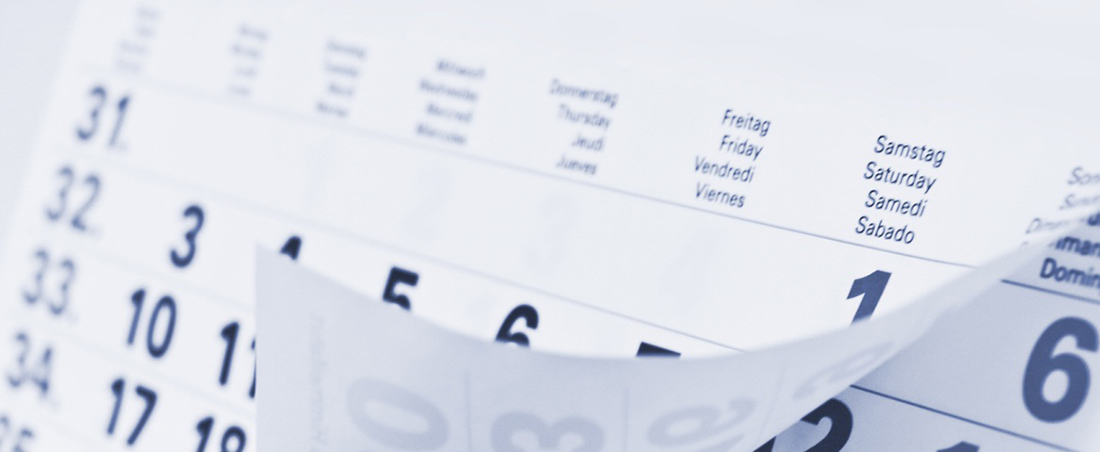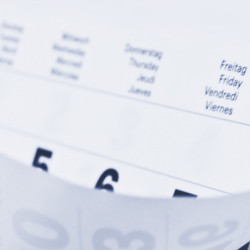Following my last blog post explaining the very new and never used before concept of ‘a day in the life of’ (ok so maybe it has been used once or twice), I tried to open up on how many inputs I require, to have the many outputs I enjoy. I also promised the next blog would outline disability as a social problem, discuss some potential solutions for this and the roles we can all play. So, here it is.
With 10 million of the UK’s population known to have a disability, of which I know there are 750,000 wheelchair users, I can illustrate the issues someone like myself faces. I have discussed a few times (particularly in my free ebook) the social model and the concept of barriers. Whilst I have my medical condition, or impairment, I am actually disabled by societal barriers. I am aware for those with chronic fatigue and chronic pain, this model is less relevant. Nonetheless with 12 million wheelchair users in Europe and the USA alone, I want to explore this from a personal perspective. I see there being 3 categories of barriers:
1) Physical barriers – When a building has steps, my wheelchair cannot access it and I am therefore disabled. However, when there is a ramp or lift I am enabled and not disabled.
2) Attitudinal barriers – When I roll up to a London bus, sometimes the driver seems overwhelmed at the need to press a button to activate the ramp. When their attitude is around my needs being an additional difficulty, I am disabled. However, when they are trained that the ramp is simple, it only takes 2 additional minutes and that I have an equal right to enter that bus, I am enabled and not disabled.
3) Organisational barriers – If I apply for a job, a test is part of the recruitment process and I require additional time to write; I would ask if this is ok. If an employer refused to make these ‘reasonable adjustments’ (as part of the Disability Discrimination Act) I would be disabled. If they would allow for my needs, enable me to illustrate my ability to do the job well and choose me as the best candidate; I am enabled and not disabled.
Unfortunately, many of these barriers still exist and ‘disable’ people everyday:
- In 2009 47% of disabled people who privately rent their homes are obliged to live in accommodation that is not adapted for their needs
- 23 per cent of disabled people have no qualifications, compared with 9 per cent of non-disabled people
- 40% believe that their choice of subjects or courses was restricted because of the attitude of teaching staff or because of inaccessible premises
- Employment rate for UK disabled adults of working age is around 50%, 25% less than the overall working age population
- Disabled people are twice as likely to live in relative poverty as non-disabled people
- There are 277,000 adults supported by Local Authorities in institutional care (24 hour monitoring, nursing support and sharing the service with other disabled people) in England
- 44% of disabled people have missed social events or family gatherings because of barriers related to their impairment
- 55% of disabled people felt they are unable to engage in hobbies or pastimes as often as they would like because of barriers linked to their impairment
- 42% of disabled people said that they have been unable to go on holiday as often as they would like because of barriers linked to their impairment
- Even if public transport is accessible (most still isn’t), disabled people are almost twice as likely as non-disabled people to say that they are fearful of travelling on it.
You can see my train of thought right? The solutions are simple. When governments, organisations, companies, communities and individuals work together on removing the barriers; disabled people will be fully included in society.
This will never happen quick enough for me. However, I can see amazing progress in access, attitudes and policies in the past 30 years. This progress must continue, not regress.
I believe my role sits around showing the investment in personal care, technology and equipment I require, but showcasing the amazing things that can happen as a result. Not only am I happier and healthier, I am an employer of Personal Care Assistants, a worker, hopefully an employer for my business in the future, a consumer and valued member of society.
I also see my role as encouraging disabled people to think big, have ambition, not be ground down by the barriers, have the tools and solutions to overcome these barriers and to have a confident belief that all disabled people can kick ass, even whilst these annoying barriers do exist.
So, who are you in this story? A disabled person, a family/friend of a disabled person, have no contact to disability but are an employer, customer service worker, community organiser etc.
What is your role?
If we all do our bit by challenging bad access, attitudes and policies, alongside disabled people raising the bar, show the world how amazing they are and demand fair inclusivity: we will get there eventually 🙂
Statistic sources
- Wood, C and Grant, E Destination Unknown (London: Demos, 2010)
- Disabled Children in residential placements – DfES 2005
- Greenhalgh, C and Gore, E, Disability Review 2009, London: Leonard Cheshire Disability, 2009
- Office for National Statistics, Labour Force Survey, Jan–Mar 2009
- Gore, E and Parckar, G, Rights and Reality: Disabled people’s experience of accessing goods and services, London: Leonard Cheshire Disability, 2010.
- CSCI, 2005
- Disability Rights Commission, Overview of the Literature on Disability and Transport (London: DRC, Nov 2003), available at www.drc-gb.org





Need more people like you in the society with similar thoughts to bring about positive changes. All the best! (:
Thank you so much! You are a true role model to so many, myself included.
Thank you for your kind words. As long as it’s useful I’m happy to keep doing it
I am here to get help and feel strong, that I can do it like you.me being physically challenged has been not easy but am really trying to make a change